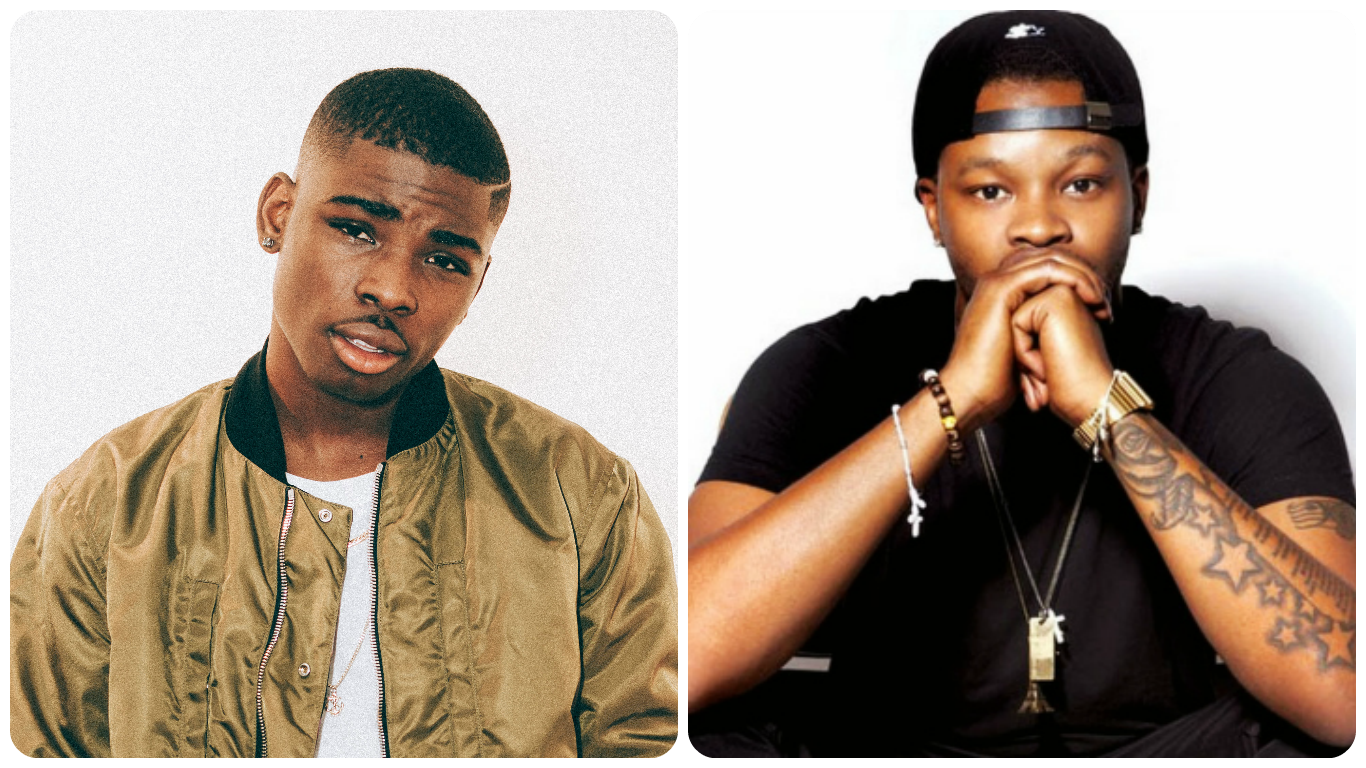YouTube Developing Music Talent Worldwide In New Initiative ‘Foundry’
A new initiative from YouTube titled ‘Foundry’ aims to help existing and upcoming musicians with their presence on the video streaming site as well as improve relationships with the industry.
With music accounting for over 30% of videos on YouTube it is clearly a massive part of the site, something they’re recognising in their latest initiative to help artists make the best use of YouTube as musicians.
So far YouTube have hosted two workshops for Foundry in London and Los Angeles, teaching musicians the best ways to use the world’s largest video hosting site. An upcoming workshop is expected later this month in New York and will feature five artists including BJ the Chicago Kid and Gemaine.

Videos of these sessions will be uploaded to YouTube so that people around the world can get involved and learn how to best upload and format videos as artists. The videos will be available on desktop and will reportedly be prominent as a playlist in their mobile app.
As important as music is for YouTube, YouTube can play a large role in artists’ careers as well. Justin Bieber for example was discovered on YouTube playing guitar and singing and is now one of the world’s biggest musical acts.

Despite this however the industry’s relationship with YouTube has been turbulent as low streaming royalties have been criticised by artists and labels. As major record labels’ licenses with YouTube recently ran out they’ve been put in a position of power over the video streaming giant to try and negotiate fairer royalty rates. As of yet YouTube are acting off a monthly license basis until discussions end.
So Foundry may be an attempt to reach out to the music world and say: “Hey, we really like you and your ad revenues please don’t go.” But at least they’re supporting artists and they provide a platform for discovery and advertising, even if they aren’t a sustainable source of music consumption. We’ll have to see whether YouTube and the record labels can come to an agreement over the next few months.